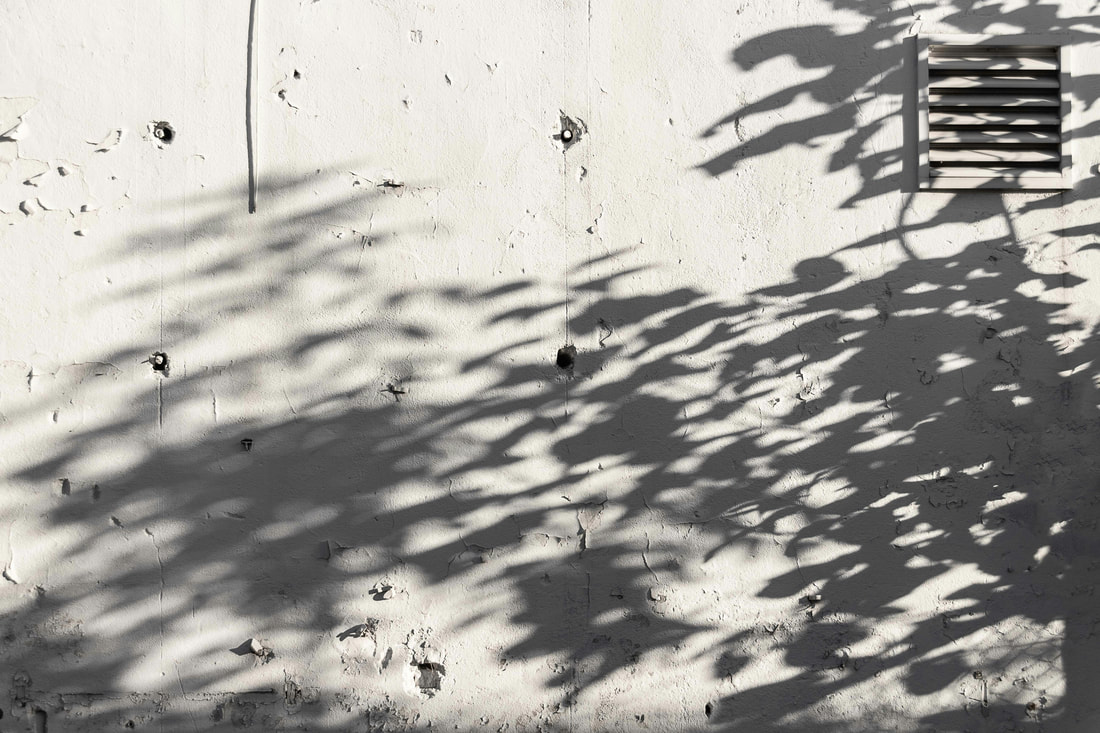|
|
|
Blog post by Ioana Vrabiescu, Vrije University Amsterdam, Netherlands
In my Identities article, ‘Detention is morally exhausting’: melancholia of detention centres in France’, I invite the reader to reflect on two main issues: the perceived role of the law and the legal system and how these perceptions are translated into the organization of migration control. The perception of the law as fundamental to the state practices allows people to continue working alongside the migration control apparatus despite their beliefs that the law is not perfect. The tension in this context lies in the interplay between the perceived fundamental role of the law in the functioning of the state and individual beliefs about a deficient legal system. Despite these beliefs, individuals continue to work in the migration control apparatus based on their understanding of the law's fundamental importance. Within the migration control apparatus, I chose migrant detention centres as those sites that best reflect these ethical frictions, resulting in an atmosphere of melancholia.
Melancholia emerges in the workplace as a result of interactions among people and spatial organization. People working in detention centres include activists, civil servants, legal professionals, and police officers, who work for various organizations and have different roles. The spatial element of the organization of migration control engulfs the eyewitness in its claustrophobic spaces (doors, corridors, offices); its ‘enclosure’ permeates the works of various actors, regardless of their position within the intricate organization of migration control. Yet, the organizational dimension (top-down directives, contradictory regulations, unreasonable decisions) of the state’s workings in relation to immigration detention is heavily emotional. Often, this moral price appears as ethical frictions, affective alienation, or cognitive dissonance in the working lives of those who serve in state organizations of migration control.
Both state and non-state actors within the detention-deportation apparatus consistently witness the prolonged suffering of individuals confined for months or even years. These workers, irrespective of their affiliations, maintain direct contact with detainees. They do their job, and at the same time, they try to make sense of their professional duties within the larger context of migration control laws and policies. This process of sense-making involves acknowledging instances of state abuse. However, they comply with their work and apply the rule of law. In the article I describe melancholia as an ethical emotion that is an inter- and intra-organizational climate rather than a collective affect formed inside migrant detention facilities and their bureaucracies. People working within immigration detention facilities, bureaucracies, or policing have exhibited antagonizing affects. On the one hand, they were proud of their professional work as police officers or legal advisers. On the other hand, they felt threatened by the disbelief the others had towards their work. The tension between civil society and the state was well described by one of my informants: “They [the police] think that the whole team is just people who want the detention centres not to exist. It is just common, the idea that an NGO will not love the police.” Thinking that civil society workers do not love the police reflects an ideological tension in society. For once, the police are not ‘loved’ in the society at large, and for the other, a non-governmental organization will always be perceived as fighting the state. They want to be professional and deliver helpful services, but their daily labour is affected by useless sufferings detainees are subjected to, as well as by their own moral suffering. They remain ‘incapable’ and ‘enclosed’ in a system of inaction against the state. Melancholia experienced by those working in detention centres serves as a paradigm for a society adrift from its moral bearings. Melancholia detected in one of the most destitute institutions of our liberal democracy attests to the cracked foundation of politics that allows ‘anomalies’ recurrently to manifest. The atmosphere of melancholia discloses the complex mechanism of state protection towards its repressive policies and, at the same time, the high moral price paid by state and non-state workers. The working environment within detention centres in France manifests in daily tensions and moral disillusionment. It mirrors the societal conflicts between civil society and the state. Thus, detention centres are sites where ideologies collide. People working as police officers (state agents), as well as legal advisors (non-state agents), uphold the law as a cornerstone of liberal democracy. Yet, even when people witness and experience suffering and abuse in detention centres, they accept the situation due to the constraints of the legal framework.
Image credit: Photo by Pawel Czerwinski on Unsplash
Read the Identities article:
Vrabiescu, Ioana. (2022). ‘Detention is morally exhausting’: melancholia of detention centres in France. Identities: Global Studies in Culture and Power. DOI: 10.1080/1070289X.2022.2156702
Read further in Identities:
Affective control: the emotional life of (en)forcing mobility control in Europe Tracing the circulation of emotions in Swiss migration enforcement: organizational dissonances, emotional contradictions and frictions OPEN ACCESS The emotional governance of immigration controls OPEN ACCESS
0 Comments
Your comment will be posted after it is approved.
Leave a Reply. |
|
Explore Identities at tandfonline.com/GIDE |
|
The views and opinions expressed on The Identities Blog are solely those of the original blog post authors, and not of the journal, Taylor & Francis Group or the University of Glasgow.


